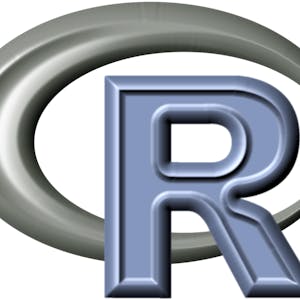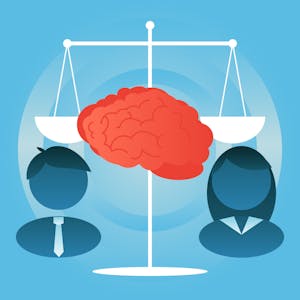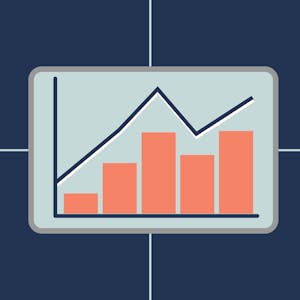Foundations of ML & Python for Data Science
About this Course
In this course, you will gain a solid foundation in Machine Learning (ML) and Python programming, which are essential skills for any aspiring data scientist. By the end of the course, you\'ll have a deep understanding of ML fundamentals, statistical techniques, and how to use Python for real-world data analysis and model building. You\'ll be able to apply these concepts to a range of industries and data-driven problems. The course starts with an introduction to the core concepts of ML. You\'ll explore key terminology, different types of ML algorithms, and real-world use cases. This section will set the stage for more advanced topics by building your understanding of how ML can be applied in various industries. You\'ll also learn how to approach and solve problems with ML, laying the groundwork for your learning journey ahead. Following the introduction, the course delves into essential statistical techniques, including probability, hypothesis testing, and understanding data distributions. These concepts are crucial for designing and interpreting ML models accurately. You\'ll also learn how to evaluate model performance using these techniques, helping you to build robust and effective ML systems. The course also provides a comprehensive guide to Python programming. You will master essential libraries like NumPy and Pandas, which are pivotal for data manipulation and analysis in machine learning tasks. Additionally, you\'ll work with Jupyter Notebooks to practice coding, explore data, and implement machine learning algorithms efficiently. This course is ideal for beginners or professionals transitioning into data science; no prior experience is required, though basic programming familiarity is helpful.Created by: Packt

Related Online Courses
This is a self-paced lab that takes place in the Google Cloud console. In this lab, you implement sensitive data protection for real-time Gen AI model results.Created by: Google Cloud more
This course provides a rigorous introduction to the R programming language, with a particular focus on using R for software development in a data science setting. Whether you are part of a data... more
This course is for anyone that wants to learn more about bias and how it can affect business, relationships, and communities. The course begins with an exploration of the word bias and its many... more
This course for practicing and aspiring data scientists and statisticians. It is the fourth of a four-course sequence introducing the fundamentals of Bayesian statistics. It builds on the course... more
This is a self-paced lab that takes place in the Google Cloud console. This lab focuses on how to query partitioned datasets and how to create your own dataset partitions to improve query... more








